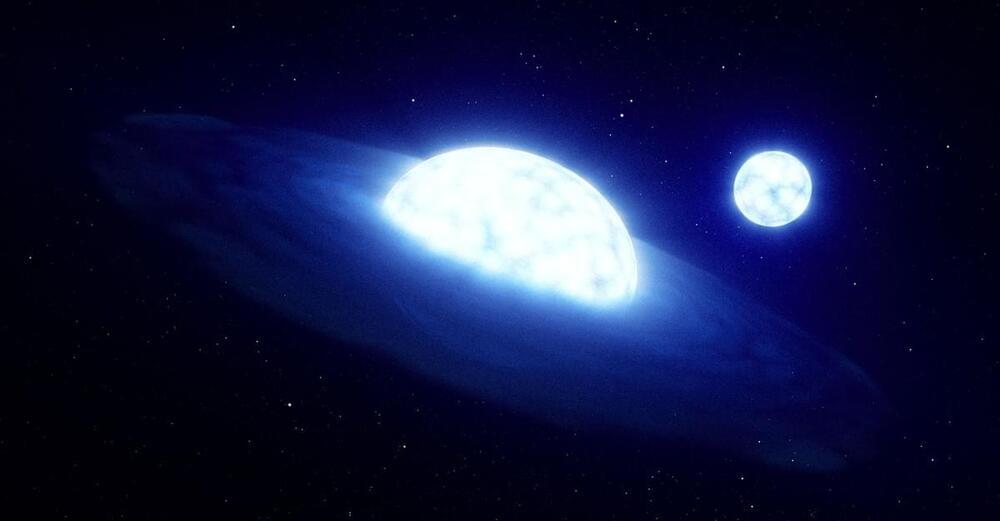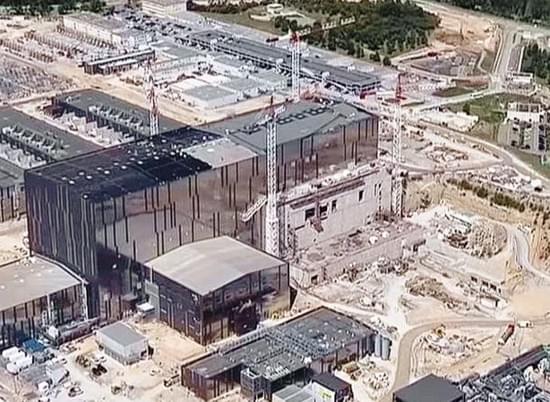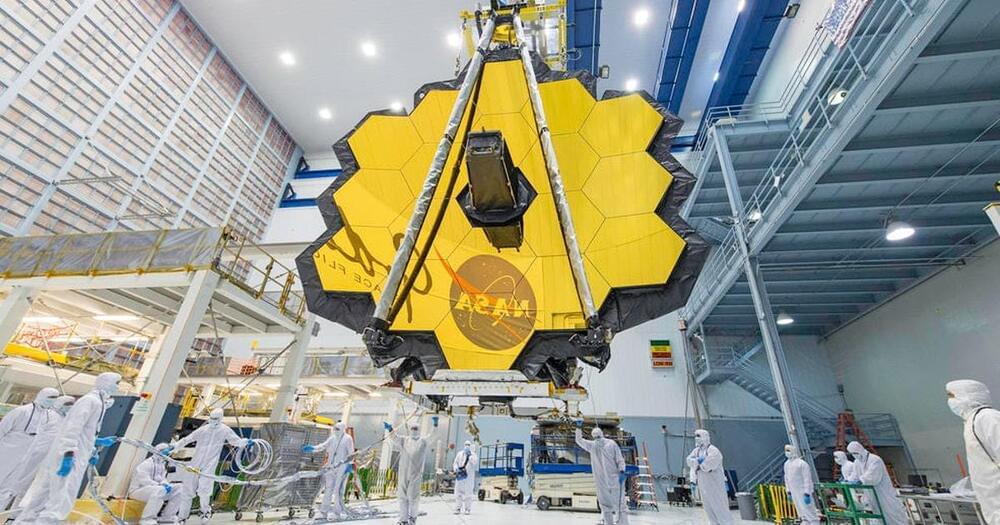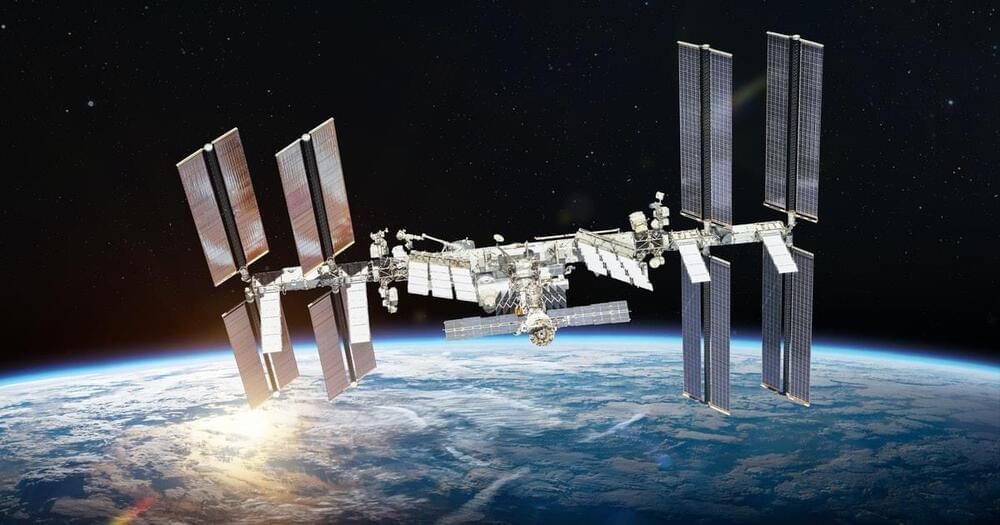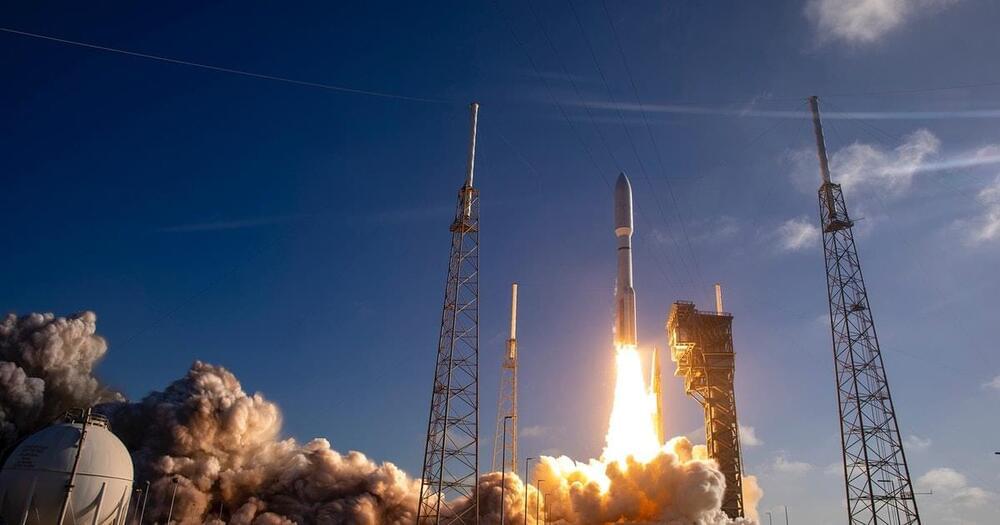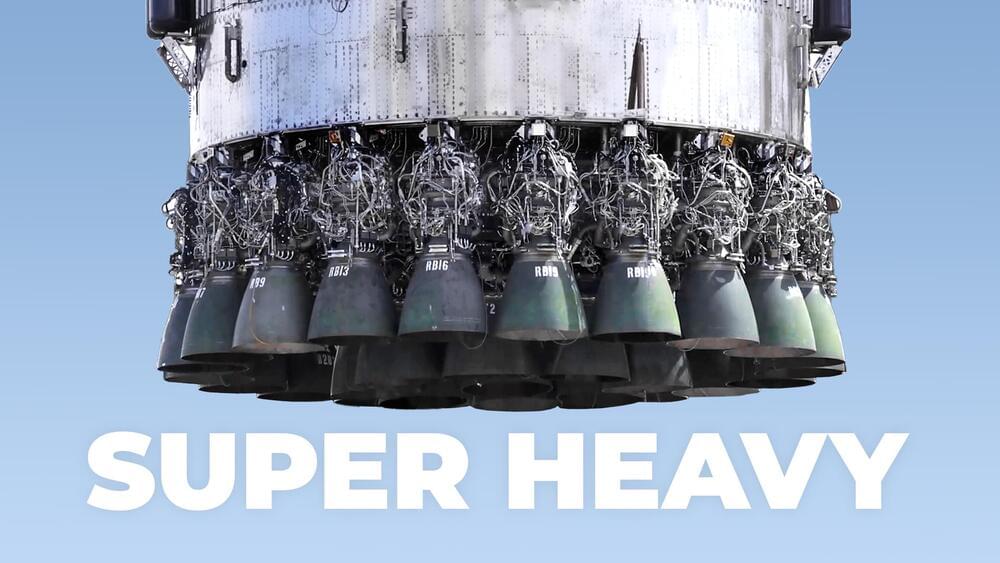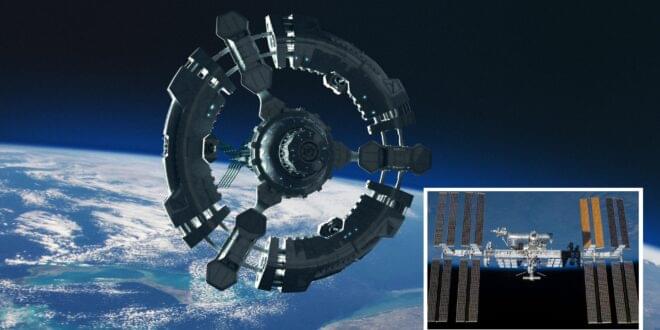Archive for the ‘space’ category: Page 426
Mar 6, 2022
Seldom Has Politics Superseded the Pursuit of Scientific Discovery and Sharing
Posted by Len Rosen in category: space
Even when politicians and countries have sparred, pursuing scientific truths has been a shared experience across academia and political boundaries. But not now with Russia’s invasion of Ukraine.
In response to the invasion of Ukraine programs of cooperation between Europe, North Americas, and Russia in space and research are ending.
Mar 6, 2022
How the Webb Telescope will reveal invisible features of the universe
Posted by Atanas Atanasov in category: space
Joseph DePasquale, the senior data imaging developer at Space Telescope Science Institute, did some minor stretching of the image to bring out more of the detail of the star in the constellation Ursa Major known as HD 84406.
NASA’s James Webb Telescope will capture images in infrared light, providing a new perspective on the cosmos.
Mar 5, 2022
NASA wants to destroy the International Space Station — here’s why
Posted by Atanas Atanasov in category: space
The rise of flying space junk also poses unplanned and catastrophic risk of destruction. Here’s how NASA plans to destroy the International Space Station in a safer and more controlled manner.
Mar 3, 2022
New satellite GOES-T helps track extreme weather on Earth — and in the cosmos
Posted by Atanas Atanasov in category: space
The number 18 just hits different.
NASA and NOAA launch the weather satellite, the third in the GOES-R series to detect Earth and space weather.
Mar 3, 2022
Earthworms can reproduce in Mars soil simulant
Posted by Quinn Sena in categories: food, space, sustainability
Space worms.
Two young worms are the first offspring in a Mars soil experiment at Wageningen University & Research. Biologist Wieger Wamelink found them in a Mars soil simulant that he obtained from NASA. At the start he only added adult worms. The experiments are crucial in the study that aims to determine whether people can keep themselves alive at the red planet by growing their own crops on Mars soils.
To feed future humans on Mars a sustainable closed agricultural ecosystem is a necessity. Worms will play a crucial role in this system as they break down and recycle dead organic matter. The poop and pee of the (human) Martian will also have to be used to fertilise the soil, but for practical and safety reasons we are presently using pig slurry. We have since been observing the growth of rucola (rocket) in Mars soil simulant provided by NASA to which worms and slurry have been added. ‘Clearly the manure stimulated growth, especially in the Mars soil simulant, and we saw that the worms were active. However, the best surprise came at the end of the experiment when we found two young worms in the Mars soil simulant’, said Wieger Wamelink of Wageningen University & Research.
‘The positive effect of adding manure was not unexpected’, added Wamelink, ‘but we were surprised that it makes Mars soil simulant outperform Earth silver sand’. We added organic matter from earlier experiments to both sands. We added the manure to a sample of the pots and then, after germination of the rucola, we added the worms. We therefore ended up with pots with all possible combinations with the exception of organic matter which was added to all of the pots.
Earth´s Moon may have been habitable and hosted life billions of years ago: a hypothesis re-evaluated.
An Outrageous Hypothesis Re-Evaluated.
Mar 3, 2022
Super Heavy will be 2x more powerful than the Saturn V!! 😱
Posted by Alberto Lao in category: space
Mar 3, 2022
The Rogue Planets I Read About in Science Fiction When I Was Younger Are Real
Posted by Len Rosen in categories: futurism, space
It turns out that free-floating planets are more common in our galaxy than previously thought.
Mar 3, 2022
Here’s why NASA plans to let the International Space Station disintegrate into the atmosphere
Posted by Chima Wisdom in categories: economics, space
One of the greatest achievements of mankind is the International Space Station, which brings together astronauts from across the globe to cooperate on groundbreaking research. The International Space Station (ISS) will be decommissioned in 2024, following which a new generation of space stations will take its place. When more people are able to travel space, new political and economic conflicts will be inevitable.
Low-Earth orbit is becoming less important as NASA shifts its attention to transporting people to the moon and ultimately Mars. During this transition, the space agency plans to lease out space stations operated by private corporations for its astronauts to use. ISS will burn up and disintegrate in the atmosphere when the new stations are ready.
Anyone who wants to work in space at some time in the future will be forced to pick among a number of different locations. That implies that governments will not only be employing these new stations to improve their national space programs but also as lucrative economic endeavors, too.
